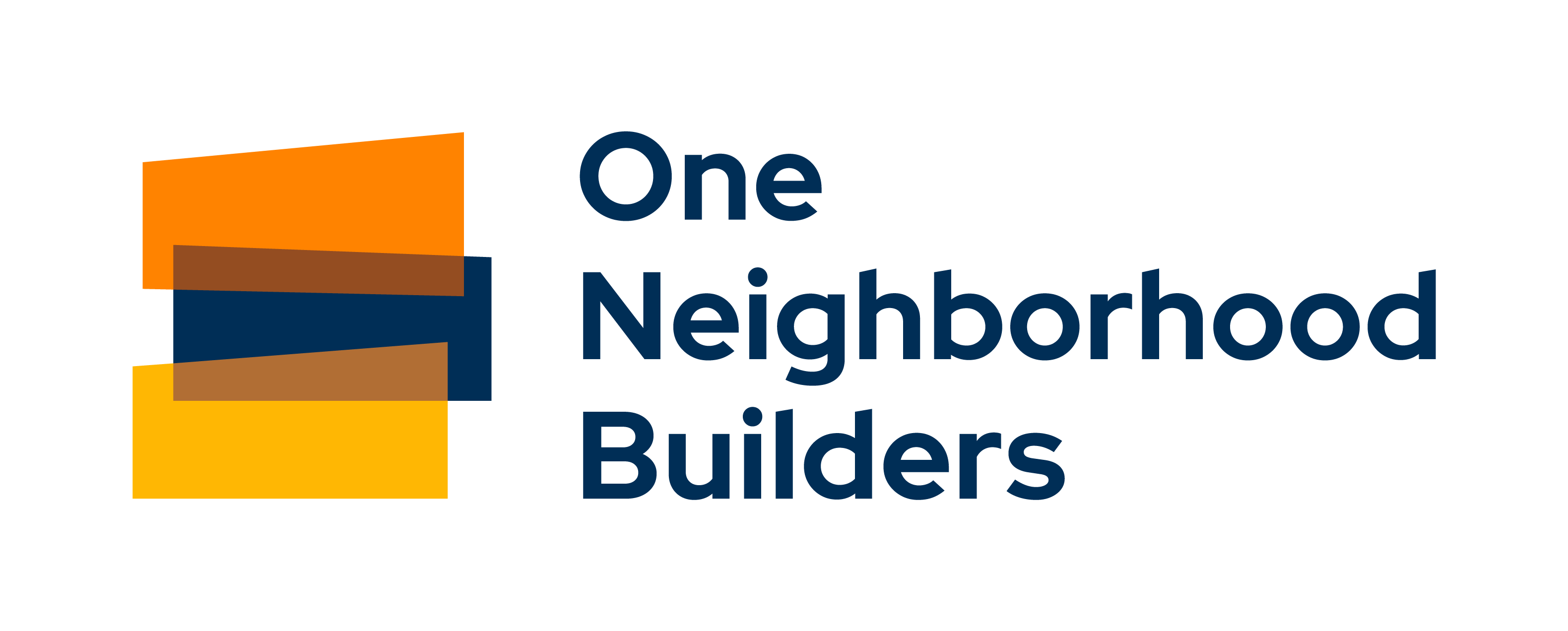Jennifer Hawkins, Executive Director of ONE Neighborhood Builders, expressed her support for the 14-bill package of legislation to address Rhode Island’s housing crisis introduced by House Speaker K. Joseph Shekarchi.
The bills aim to streamline the housing development process while increasing production, providing more affordable housing options in Rhode Island.
“We thank Speaker Shekarchi for his leadership and bold vision regarding housing issues in our state,” said Jennifer Hawkins, Executive Director of ONE Neighborhood Builders. “I believe in focusing on results rather than rhetoric. This package of legislation will help move the needle forward on Rhode Island’s housing crisis and will have a meaningful and positive impact for Rhode Islanders and their families. We look forward to digging into the specifics of the package and to working with the General Assembly to prioritize housing once again.”
The bills introduced today included amendments to Rhode Island’s subdivision and land development permits and processes, among others. It also extends to 2025 the Low and Moderate Income Housing Act, of which Hawkins is a member.
The Act, created in 2021, was designed to study barriers to creating affordable housing and to find ways for cities and towns to ensure that at least 10 percent of their housing stock qualifies as affordable.
A summary of the bills introduced:
- Shekarchi’s bill would amend Rhode Island’s Low and Moderate Income Housing Act to streamline the permitting process from three steps to two steps and provide clarity for review of approvals and denials.
- Judiciary Committee Chairman Robert E. Craven’s bill would amend subdivision and land development permits and processes to clarify the application process for different project categories across the state, effective January 1, 2024.
- Rep. June S. Speakman’s bill would amend last year’s legislation pertaining to Accessory Dwelling Units (ADUs) to make clear what ADUs are allowed by right and how they are considered in the local permitting process. It would be effective immediately.
- Municipal Government and Housing Committee Chairman Stephen M. Casey’s bill would require all municipal land use approvals to be consistent with future land use maps so long as the municipality’s comprehensive plan is updated in accordance with statute.
- Rep. Leonela Felix’s bill creates a transit-oriented development pilot program to encourage growth centers along transit corridors identified by state transit plans.
- Special Legislation Committee Chairwoman Karen Alzate’s bill would allow for the adaptive reuse of commercial structures into high density residential developments, providing zoning incentives for development.
- Rep. Jose Batista’s bill would repeal Rhode Island’s State Housing Appeals Board (SHAB) as of January 1, 2024, and allow for a direct appeal process to Superior Court.
- Shekarchi’s bill would create a housing/land use court calendar to streamline eligible matters and establish administrative orders for their processing, effective January 1, 2024.
- Finance Committee Chairman Marvin L. Abney’s bill would make amendments to the inclusionary zoning statute to require base level density bonus and turnover of fees.
- Craven’s bill would amend zoning standards and make changes to dimensional variance standards, clarifying that each special use permit is required to have specific criteria for each allowed use.
- Rep. Cherie L. Cruz’s bill would eliminate the rental application fee, effective January 1, 2024.
- Labor Committee Chairman Arthur J. Corvese’s bill would standardize the type of notice and advertisements required for all land use permitting.
- Speakman’s bill would extend the Special Legislative Commission to Study the Low and Moderate Income Housing Act from 2023 to 2025, expanding the purpose of the commission to include evaluating the effects of COVID-19 on affordable housing.
- Rep. Joshua J. Giraldo’s bill aims to extend the Special Legislative Commission to Study the Entire Area of Land Use, Preservation, Development, Housing, Environment, and Regulation from 2023 to 2025.


